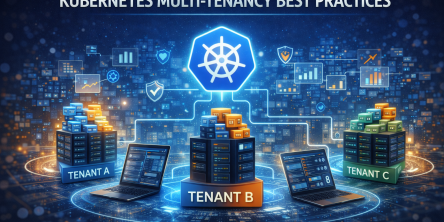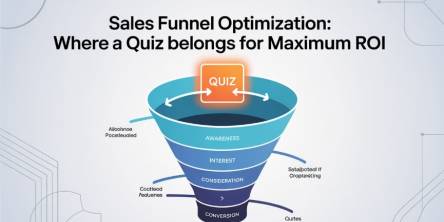How Uber Clones Are Changing Logistics

In this age of rampant ‘Uberisation’– as we would call the changing face of the taxi business- Uber clones are fast becoming rivals to be reckoned with in the logistics business. The Uber app was the start of a small-scale technological revolution, an inspiration to multiple Uber clones availing of the uber clone script to build a similar business model, either in the cab service sector or other areas of business.
What is Uberisation?
Uberisation – derived from the company name Uber, it is the phenomena of business organizations utilizing mobile applications to facilitate easy communication and transactions between consumers and providers of various services, essentially doing away with the middle-man. And this trend has fast gained popularity.
Some Popular Uber Clones
In the cab ride and sharing industry, a few notable names are Grabcar and Lyft. A study by Business of Apps, as seen here, shows that Lyft is, in fact, getting an even better response that Uber, although Uber generates far more income.
In the hospitality business, AirBnB is fast carving a niche for itself, with 60 million users, 640,000 hosts, and 2 million accommodation listings.
A major sector, which has benefited from the uber clone script is that of courier and delivery services. Loggi, a service started in 2013 in Brazil, is the first of many ventures to connect couriers and drivers for same-day delivery tasks. Others like it are Silicon Valley-based Deliv and San Fransisco’s TaskRabbit.
Uber Clones Shaking Up Logistics as We Know It
The Plus Points
The main advantage that these companies have over existing delivery services like FedEx, UPS, the postal service, etc. is that if the retailer and customer reside in the same area, the latter is offered the option of delivery in under a day. The parcel bypasses the central hub of the carrier (which it goes through first in the major services like FedEx, increasing the time taken for delivery) and is sent directly from the shipper to the customer.
Loggi
The smartphone app has been instrumental in doubling or tripling the revenue of couriers, as seen in the case of Natanael do Nascimento as referenced here. He now makes up to 1500 USD per month, because Loggi lets him know when businesses request a pickup, whether he is close by and whether he has room in his standard-issue delivery bag. It also tells him the delivery cost and route.
Loggi is also thriving in Brazil due to the towering stacks of paperwork that need to be transported through the bureaucracy, with faster pickup (average 7-8 minutes) and delivery and better re-compensation to the couriers or as they are called there, motoboys.
The couriers are all licensed, with insurance and government-approved vehicles. They are held accountable by the company staff.
How Disruptive Will Uber Clones Really Be?
It remains to be seen to what extent these courier service apps will really take over the existing system. It is also worthwhile to note that FedEx, UPS, DHL and other logistics companies have categorized their services into same day delivery, next day delivery and optimized delivery, inter- and intra-city.
Uber and its clones focus on immediate demand and same day deliveries. Even though they are efficient, they are not cost optimized and their market is nowhere near as large as that of logistics firms.
While they still have a long way to go, there is definitely potential for such Uber clone script based application services to become even more widely used and shake the foundations of traditional companies. They have already started.
Similar Articles
We live in the age of cloud computing. That's plain to see. However, what may escape many are the operational and financial challenges of managing multiple independent clusters.
Times have changed and how! Take modern technology and the fast-paced digital economy, it is driving. Given the market conditions, any company's infrastructure has become more than just a technical detail.
It has been for everyone to see that the modern digital economy is distinguished by high volume, real-time financial transactions.
Business success has become reliant on efficiency and agility of the underlying technology infrastructure. Clearly, companies now depend on cloud computing to provide seamless services while managing exponential data growth.
Hospitals operate in environments where availability and patient safety are paramount at all times. As medical supply chains expand and regulatory oversight becomes more demanding, manual tracking methods introduce delays and risk.
Every sales funnel has one core goal: turn attention into revenue as efficiently as possible. Yet many funnels leak value at critical stages—visitors bounce, leads go cold, and sales teams chase prospects who were never a good fit.
Decentralized Finance (DeFi) has transformed how users earn passive income through blockchain-based financial systems. Among its most popular use cases,
Staying organized can feel like a full-time job. Between meetings, deadlines, and personal commitments, it’s easy to get overwhelmed.
Choosing the right GIS mapping software depends on what you need to accomplish. Some platforms cater to developers who want to build custom applications from scratch.









